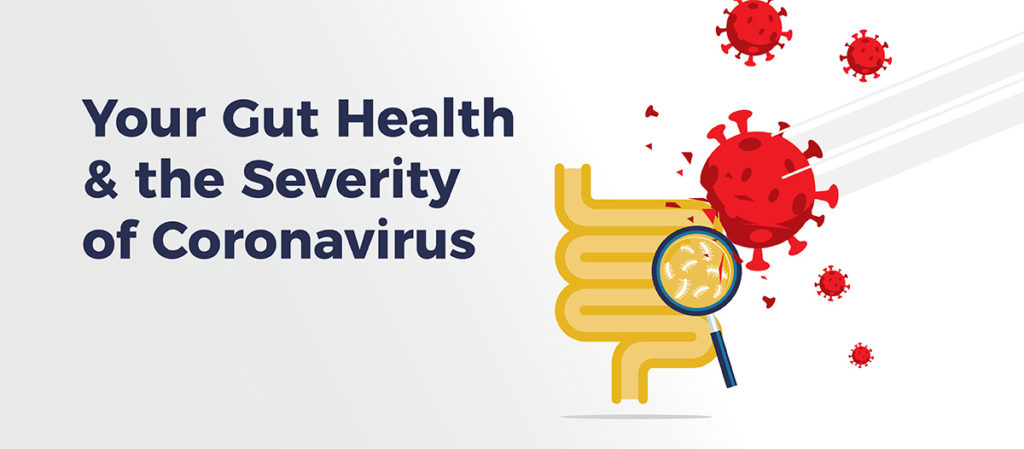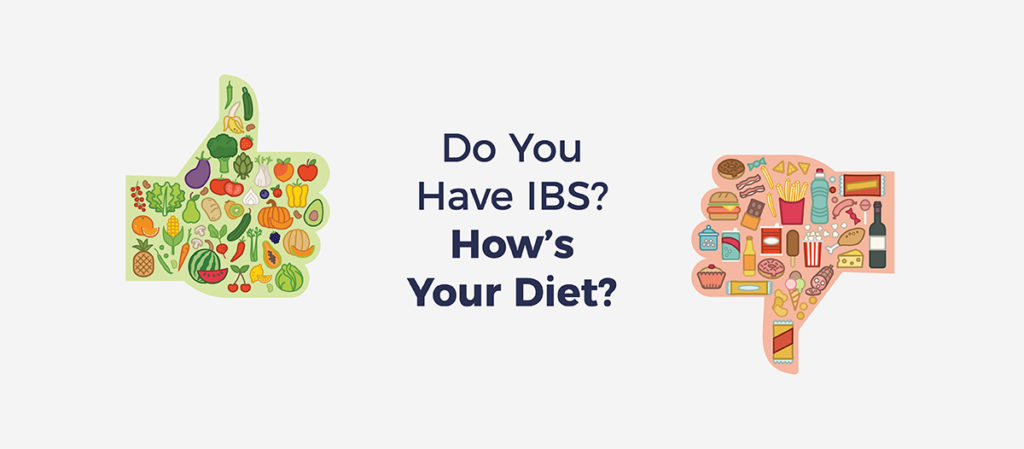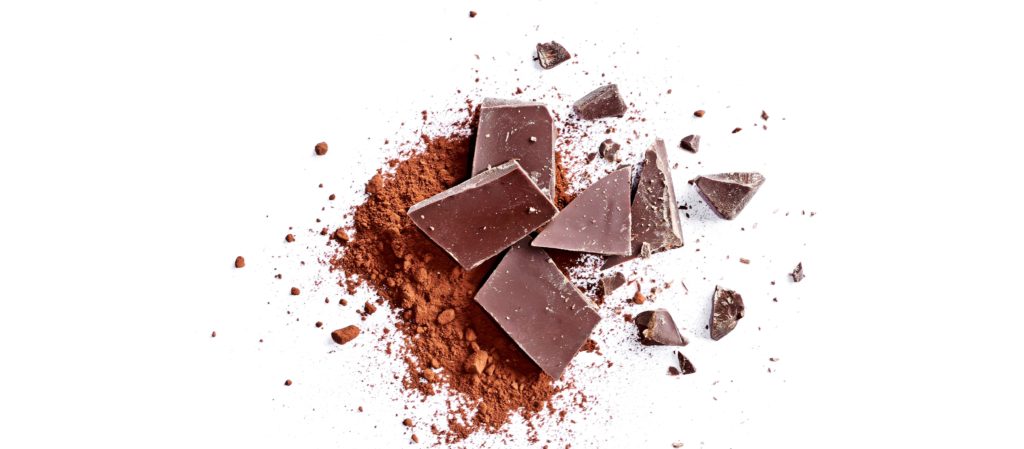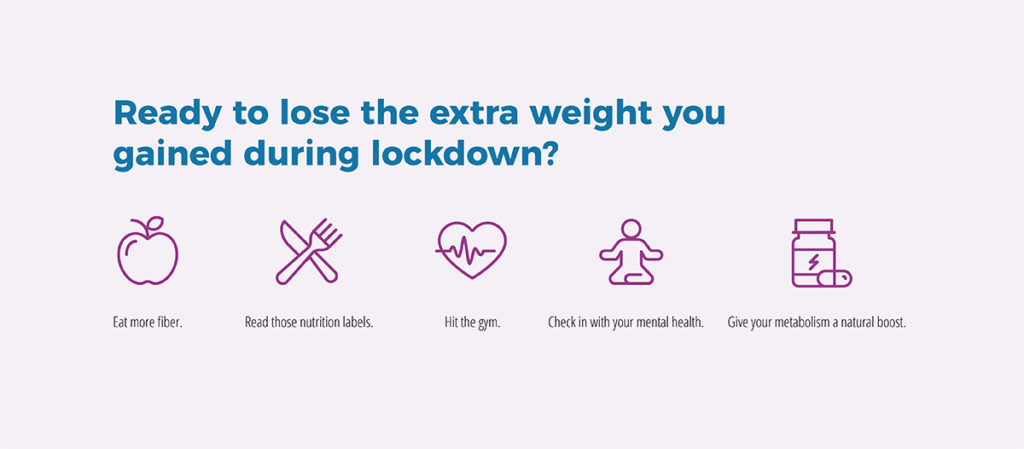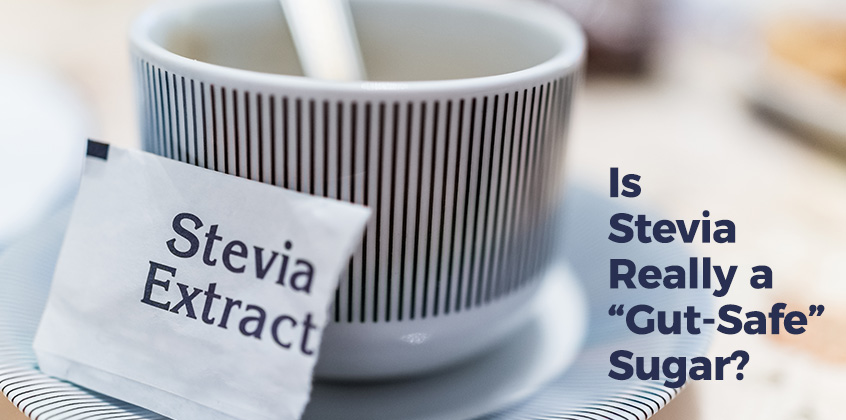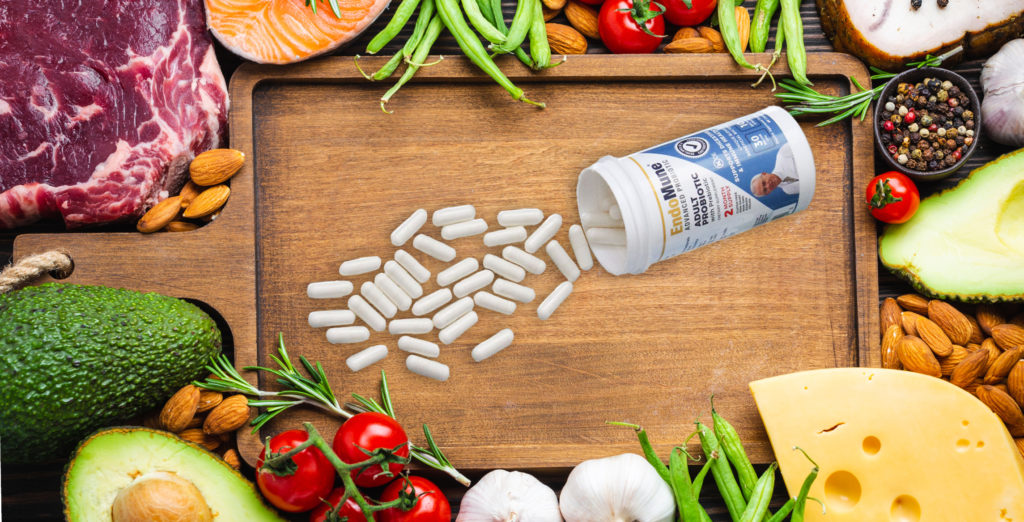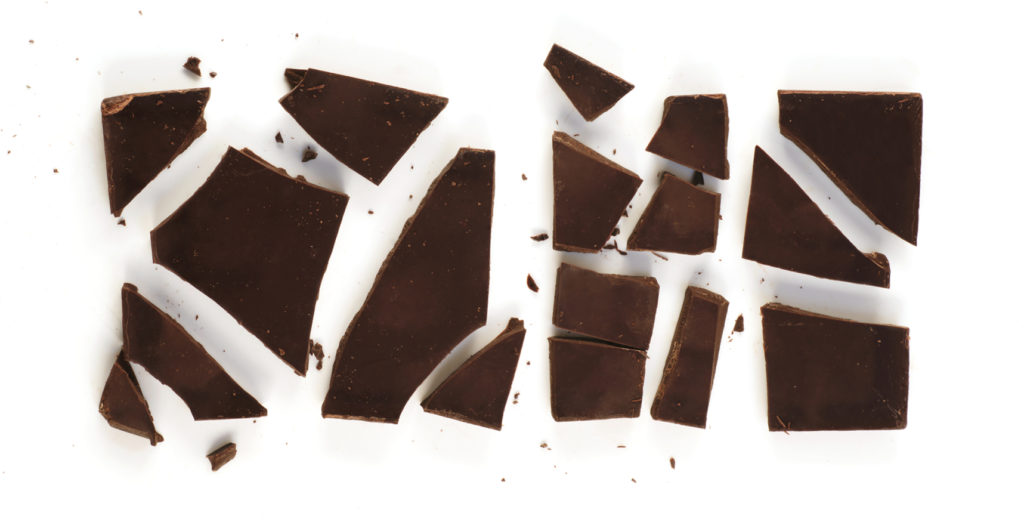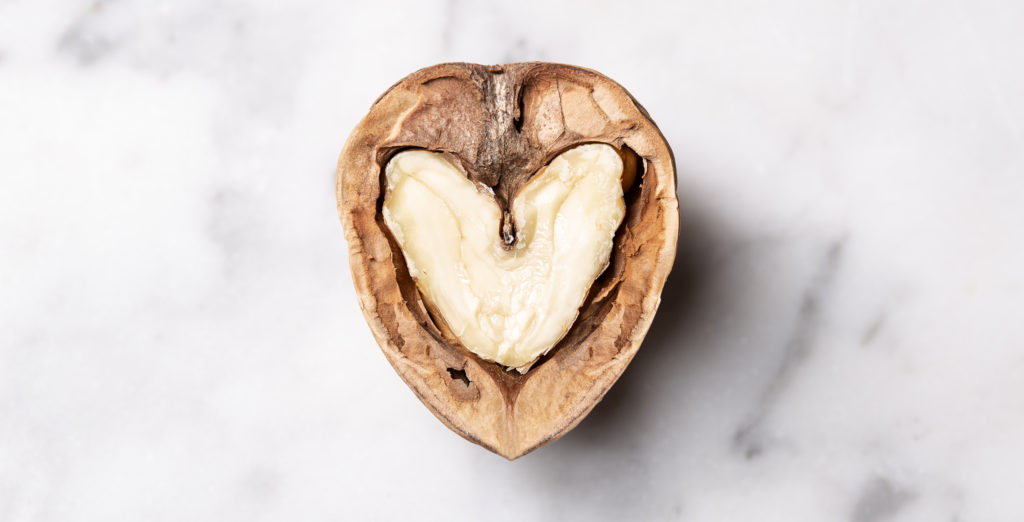Does Diet Affect Covid Symptoms?
How Your Gut Health May Affect The Severity of the Coronavirus
Eating a poor diet like the typical Western diet — full of processed foods full of sugar, fats, and refined grains — creates all kinds of problems for your health related to your gut.
For starters, these nutrient-poor diets increase your risks of obesity and your vulnerability to a cluster of serious health conditions (cardiovascular disease, type 2 diabetes, and cancer) known as metabolic syndrome.
Now, some health experts believe unhealthy diets may also increase your risks of a more severe case of the coronavirus too, based on a recent review of research published in mBio, the journal of the American Society of Microbiology.
Another Culprit: Leaky Gut
The report stems from a question posed by Dr. Heenan Stanley Kim, a microbiologist at Korea University’s Laboratory for Human Microbial Interactions: Why are countries like the U.S with solid medical infrastructures being hit so hard by the coronavirus?
As we know very well, the common link, the Western diet already disrupts the healthy balance of bacteria in the gut.
Another gut health problem Dr. Kim points to is leaky gut, a condition in which breakdowns in the intestinal wall allow toxic waste products, undigested food, bacteria and viruses to break through the intestinal wall and into the bloodstream.
Leaky gut may be a pathway in which the coronavirus spreads from the gut into the bloodstream and other organs in the body, leading to more severe cases. (A healthy gut supported by the presence of butyrate may block that kind of response.)
Rebalancing Your Gut
This report supports a study we shared with you recently that found a link between imbalances in the gut and the severity of coronavirus. Its chief finding: The guts of coronavirus patients contained fewer strains of beneficial bacteria that could muster an immune system response.
What’s more, studies appearing in other medical journals (Gastroenterology and Clinical Infectious Diseases) in 2020 have found similar links to gut health imbalances and the coronavirus, so there’s a likely connection.
Fortunately, you can improve the health of your gut very easily by taking some simple steps.
First and foremost, it’s critical to eat a healthy, balanced diet, especially when you’re prescribed an antibiotic, a well-known disruptor to your gut health.
Make sure that diet includes a daily “dose” of dietary fiber. Just 1 ounce (30 grams) is all it takes and that’s pretty easy to do, especially if you enjoy eating strawberries, lentils, beans, apples, and whole grains.
Another way to ensure the bacteria in your gut stay in balance: Take a probiotic formulated with multiple strains of beneficial bacteria like EndoMune Advanced Probiotics,‑with 10 buildings blocks from the Lactobacillus and Bifidobacterium families, plus a prebiotic (FOS) that feeds the good bacteria in your gut.
Resources
Does Diet Affect Covid Symptoms? Read More »

